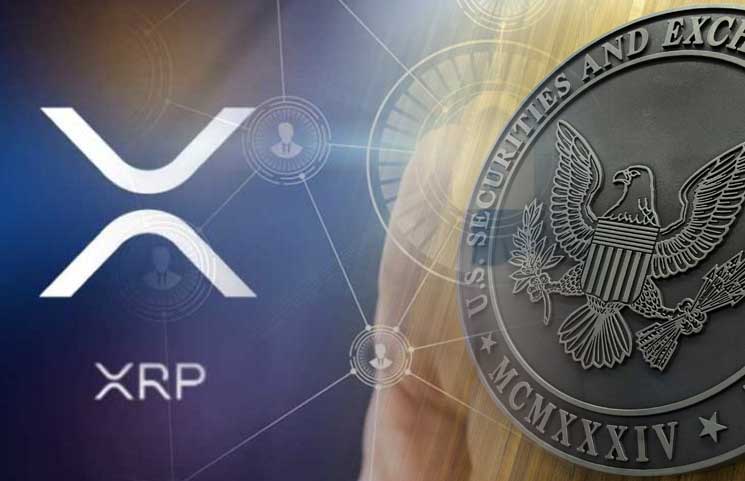
The US Securities and Exchange Commission (SEC) potentially appealing the court ruling in favor of Ripple and its XRP holders has sparked discussions within the crypto community.
Pro-XRP lawyer John Deaton, John Deaton, provided a detailed explanation of the implications and complexities surrounding the enforcement of the summary judgment. This ruling specifically declared that XRP tokens sold on retail exchanges do not qualify as securities.
Additionally, he highlighted an interesting observation regarding the SEC’s filing in a separate case involving Terraform Labs CEO Do Kwon on July 21. It was revealed that the agency intends to challenge the Ripple above case ruling through this particular instance.
Notably, Kwon had originally planned to leverage the Ripple verdict as a precedent to argue that his own digital assets should also be classified as non-securities.
Deaton presented a compelling argument, asserting that an appeal would not hinder XRP holders. He reasoned that the appellate court typically takes around two years to render a decision, thereby minimizing any potential setback.
Notably, during this period, the summary judgment remains in effect within the second circuit where the Ripple case resides. Furthermore, Deaton emphasized that even if the ruling were to be reversed on appeal, it does not automatically classify XRP as a security.
Ripple Case Impacts Crypto Regulation
Many in the crypto industry, including Stuart Alderoty, Ripple’s chief legal officer, have challenged the SEC’s authority over digital assets, claiming that the SEC’s jurisdiction is limited to securities.
According to Alderoty, If a token does not qualify as a security, then the SEC has no regulatory role. Alderoty accuses the SEC of falsely claiming jurisdiction where none exists and views it as a political power move that detrimentally affects all parties involved.
A securities agency only has jurisdiction over securities. No security, no role for the SEC.
Pretending to have jurisdiction when there is none, is simply a political power play. It helps no one; it hurts everyone. https://t.co/OhNSaDuJ26
— Stuart Alderoty (@s_alderoty) July 22, 2023
In her ruling on July 13, Judge Analisa Torres stated that the securities laws were violated only through Ripple’s institutional sale of XRP. Interestingly, she clarified that the retail sale of XRP on exchanges did not fall under this violation.
Related Reading | Couple Behind Bitfinex Hack Agrees To Forfeit Billions In BTC In Plea Deal
The Ripple case has garnered significant attention from the crypto community, lawmakers, regulators, and industry leaders as it carries potential implications for future digital asset regulation in the United States.
Additionally, lawmakers, regulators, and industry leaders have directed their focus to this case, advocating for greater clarity and policies that promote innovation within the realm of crypto assets.








